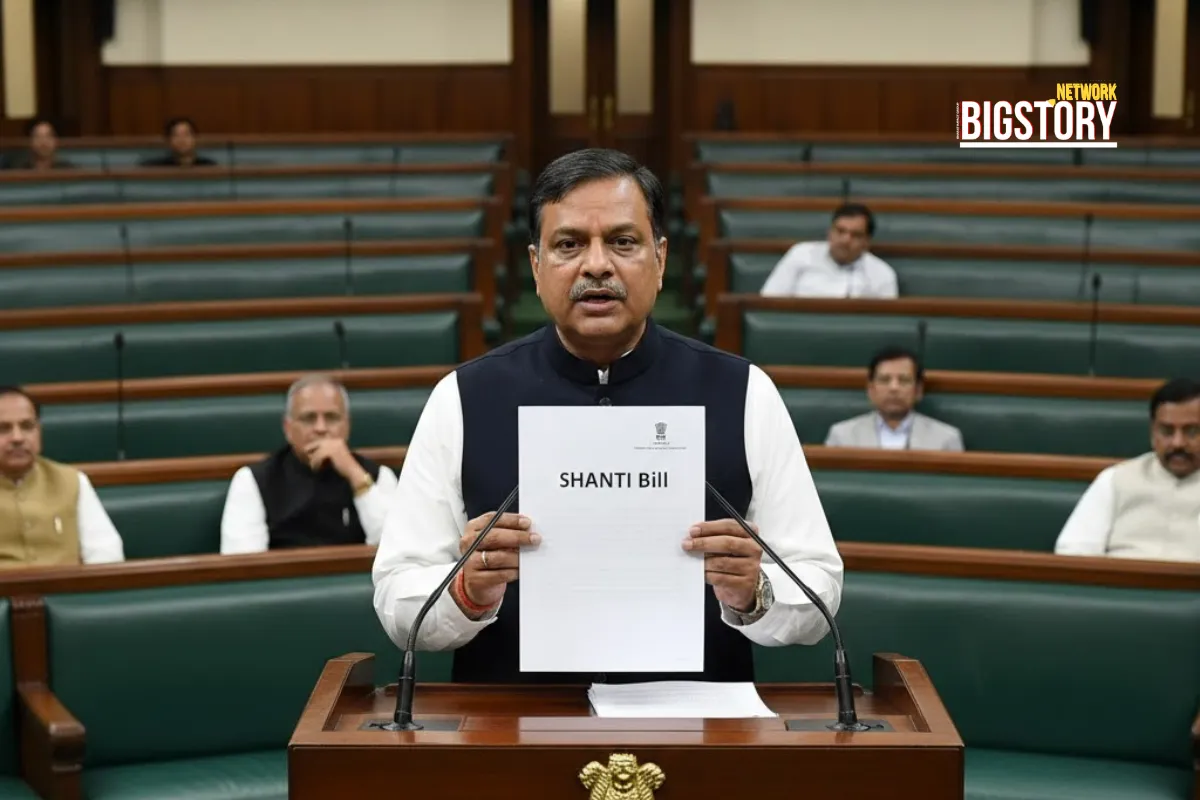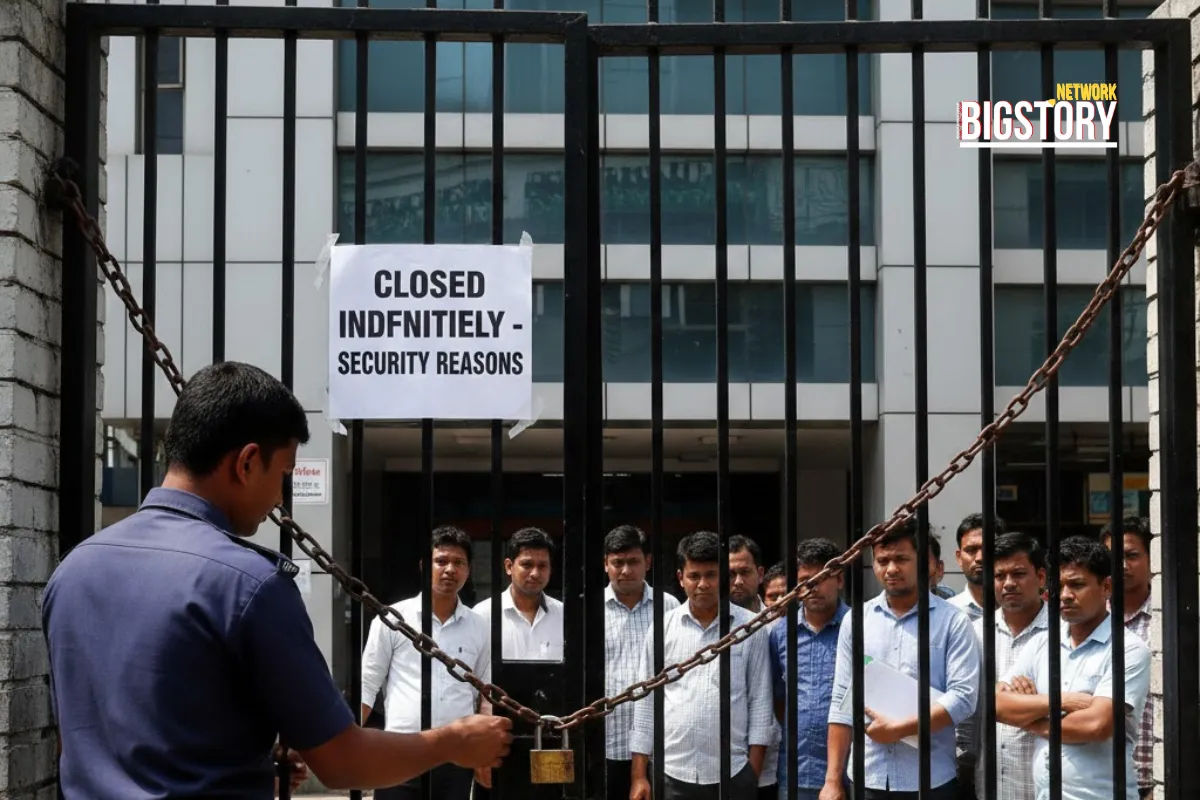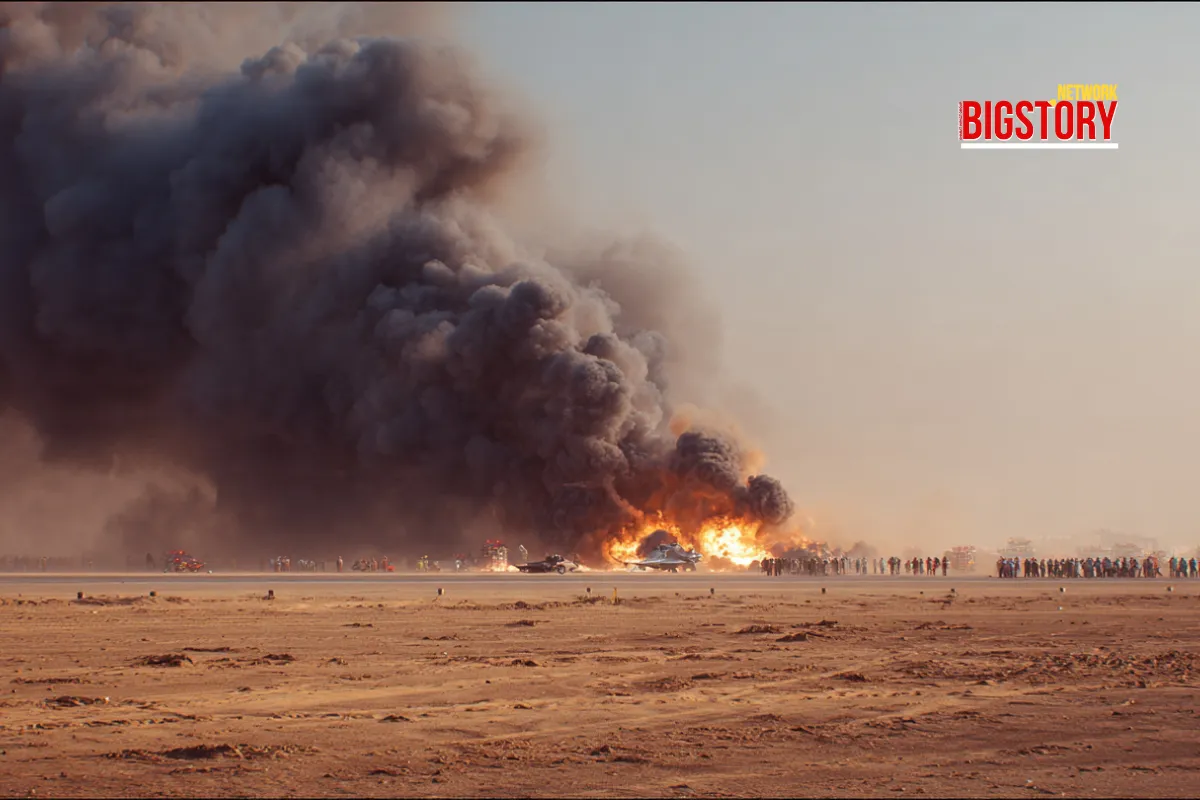US President Donald Trump has repeatedly claimed that 5 jets were downed during the May 2025 India-Pakistan conflict, also reiterating his role in mediating the ceasefire. These claims have sparked heated debate and demands for clarification from the Indian Opposition.
 Sseema Giill
Sseema Giill
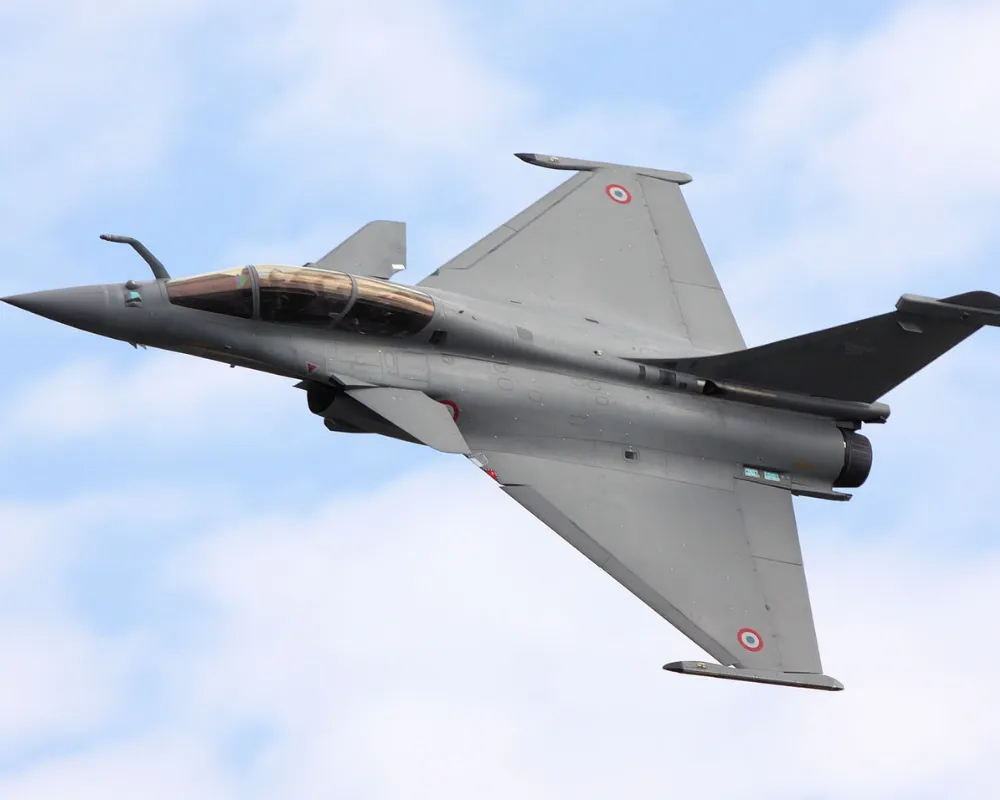
The May 2025 military escalation between India and Pakistan, triggered by the horrific Pahalgam terror attack, continues to be a point of contention, now further complicated by repeated assertions from US President Donald Trump. He has consistently claimed that "five jets were shot down" during the conflict and that his administration played a pivotal role in mediating a ceasefire between the two nuclear-armed nations. These claims have sparked significant debate, with the Indian Opposition vehemently demanding clarification from the Modi government.
The conflict, which unfolded over several days in May, saw India launch "Operation Sindoor" in response to the Pahalgam attack, striking what it described as terror infrastructure deep inside Pakistan and Pakistan-occupied Kashmir. Pakistan retaliated, leading to exchanges of drone and missile strikes, and aerial engagements. While both sides claimed success in their operations and defensive measures, the exact aerial losses have been a point of differing narratives.
Trump's Persistent Claims:
President Trump has made these claims multiple times, even going as far as to state that the conflict "was probably going to end up nuclear" and that he leveraged trade threats to bring about a de-escalation. Speaking at various events, he has reiterated that "planes were being shot out of the air five, five, four or five, but I think five jets were shot down, actually." He has, however, not specified which side's jets were purportedly downed.
This insistence on mediation and aerial losses has put the Indian government in a tight spot. New Delhi has consistently maintained that the ceasefire was reached bilaterally through direct communication between the Director Generals of Military Operations (DGMOs) of both countries, and not through any third-party intervention. India's Permanent Representative to the UN, Ambassador Parvathaneni Harish, recently re-emphasized this stance, stating that the cessation of military activities was "directly concluded at the request of Pakistan" after India achieved its objectives.
Opposition Demands Clarification:
The Indian Opposition, particularly the Congress party, has seized upon Trump's remarks, launching a scathing attack on Prime Minister Narendra Modi's government. Congress leaders, including Jairam Ramesh and Rahul Gandhi, have questioned the Prime Minister's continued silence on Trump's repeated claims. They demand a clear and categorical statement in Parliament, asserting that the nation has a right to know the truth and that such silence compromises India's national honour.
Questions are also being raised about the implications of such claims on India's strategic autonomy and its standing on the global stage. If true, the claims of mediation and significant aerial losses would contradict India's official narrative of a decisive, self-reliant response.
The Different Narratives:
The ongoing controversy surrounding Trump's claims highlights the sensitive nature of information during and after military conflicts, particularly between nuclear-armed rivals. As the Monsoon Session of Parliament progresses, the government will face continued pressure to provide a definitive and transparent account of the "Operation Sindoor" and address the international claims that challenge its official position. The "five jets" claim is not just a statistical dispute; it's a political flashpoint that underscores the challenges of managing narratives in an interconnected global environment.




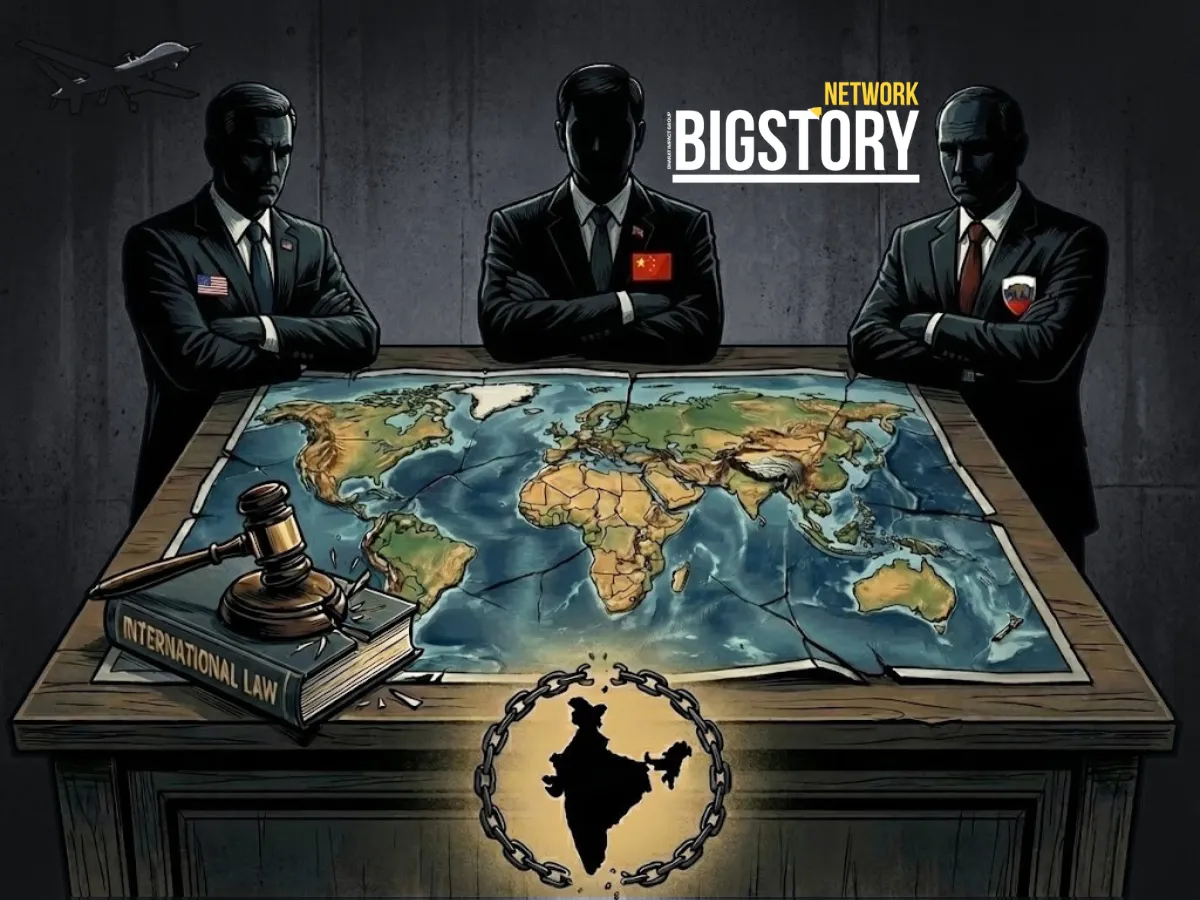

Sign up for the Daily newsletter to get your biggest stories, handpicked for you each day.
 Trending Now! in last 24hrs
Trending Now! in last 24hrs
